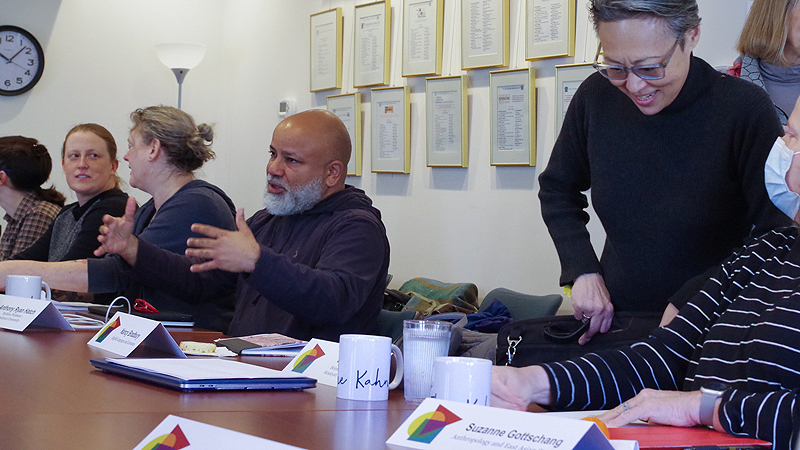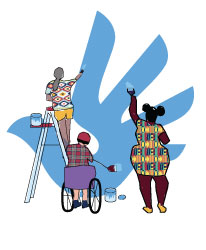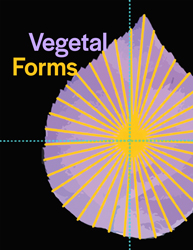Kahn Projects

Long- and short-term projects are the focus of the Kahn Institute. Kahn projects invite up to 20 Smith and Five College faculty members, as well as Smith students and staff, to explore, discuss and debate as a group topics of broad interest to a multidisciplinary crosscut of scholars. Kahn projects are typically co-organized by two Smith faculty members. Project organizers receive course releases, stipends and other compensation.
Current & Upcoming Projects at the Kahn
(Re)visioning Human Rights, Democracy and the Liberal Arts
Long-Term Project, 2023-24

Developing, Deploying, and Managing Technology for Community: Engineering Informed by Human Values
SHORT-TERM PROJECT, OCTOBER 24, 2023
This one-time seminar will be led by Jun Sawada, Chairman of the Board of Nippon Telephone and Telegraph (NTT, the world’s largest telecommunications firm) during his visit to Smith College. He is concerned with the failure to date of new telecommunications and information technologies to reduce inequality and to build community, and is interested in new, communitarian philosophical foundations for thinking about the development, deployment, and management of technologies, a topic he would like to discuss with the Smith college faculty.
Vegetal Forms: Knowing Place and Time Through Plants
LONG-TERM PROJECT, FALL 2024

Possible Futures: AI and Human Experience
LONG-TERM PROJECT, SPRING Spring 2025
Long-Term Projects
Long-term projects are built around broad topics that are investigated in depth throughout an entire academic year. Long-term project fellows meet once a week at the Kahn Institute for two hours of discourse and/or other activities, and always share a meal, provided by the Kahn, either before or following their weekly colloquium. Long-term projects also include public lectures by a range of experts in fields related to the project topics, as well as field trips, film screenings and other activities.
Short-Term Projects
Short-term projects provide new contexts for Smith and Five College faculty to explore topics of common intellectual concern that bear on their own research and may serve as seeds for future long-term projects. Short-term project formats are flexible, but typically take place within an abbreviated timeframe. Short-term projects often include public events, panels or forums, film screenings, workshops, field trips and other activities over the course of two to three days, a weekend, or a series of daylong symposia.
Proposal Steps
1. Contact the Kahn director to suggest your project idea as early as possible, even if it’s at a preliminary stage.
2. Schedule a meeting with the Kahn director and staff to brainstorm and develop your idea, discuss parameters, identify potential participants or constituencies, and project a timeframe.
3. Draft a one-page narrative description of your project to articulate the central questions, problems and themes to be explored and analyzed; generate interest in participation; and indicate disciplines, departments or programs whose faculty may be interested in applying for project fellowships.
